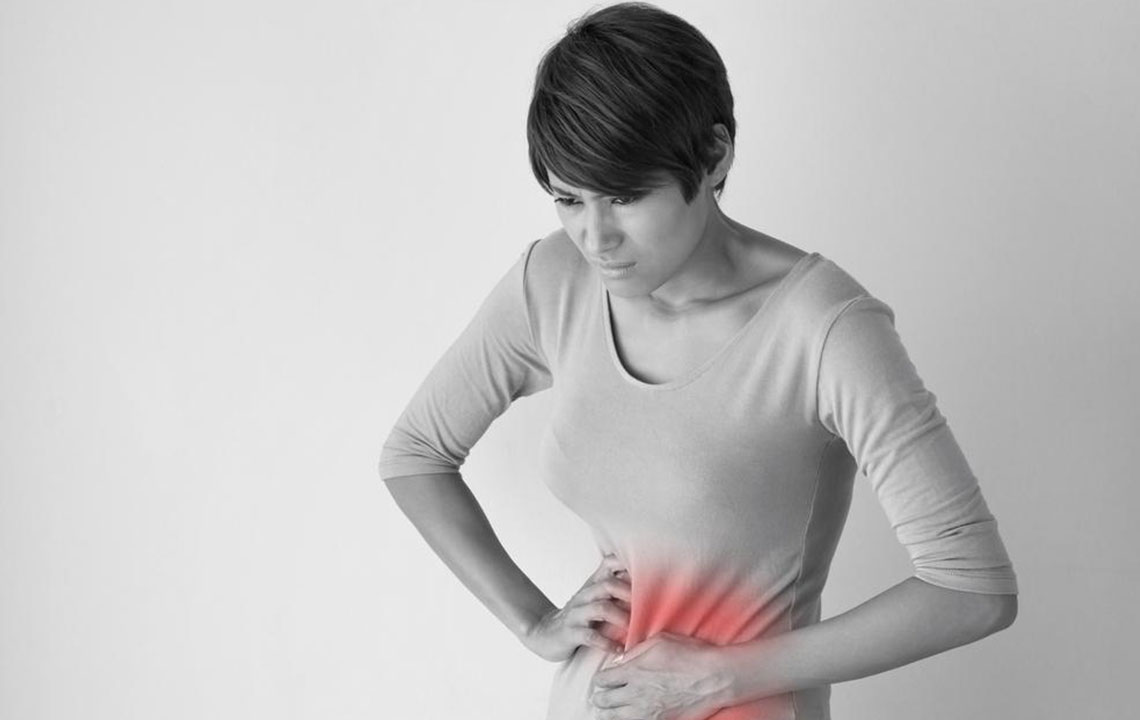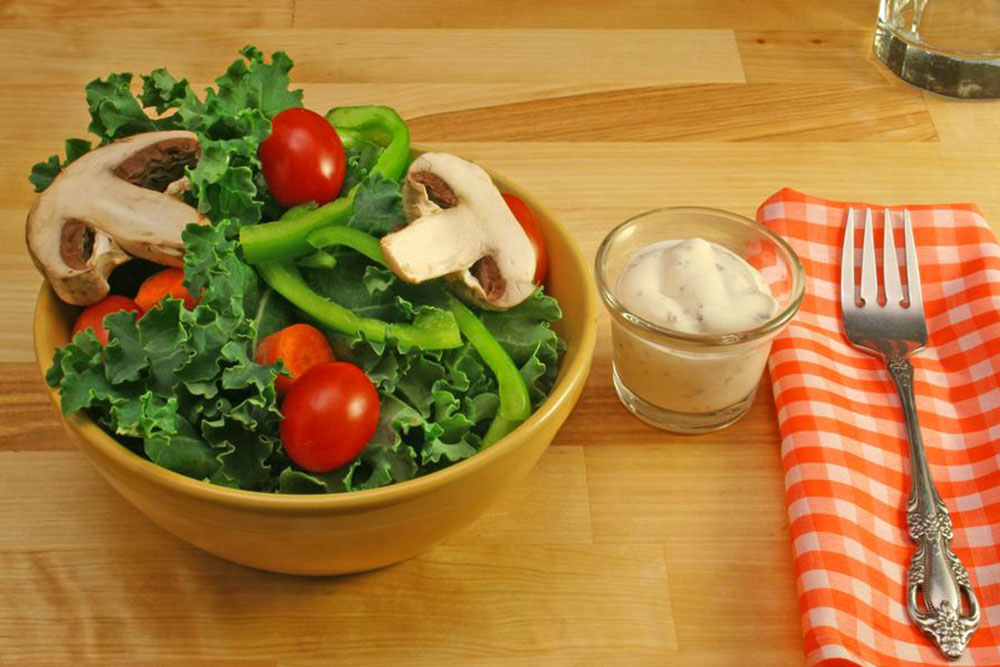Comprehensive Guide to Chronic Constipation: Causes, Symptoms, and Proven Treatments
Chronic constipation affects millions and can lead to serious health issues. This comprehensive guide explores its causes, symptoms, and effective treatments, including dietary changes, lifestyle adjustments, and when to seek medical help. Learn how to maintain healthy bowel habits and improve digestive health for a better quality of life.

Comprehensive Guide to Chronic Constipation: Causes, Symptoms, and Proven Treatments
Understanding chronic constipation: its root causes, recognizable signs, and effective remedies
Constipation is a common digestive disorder characterized by infrequent or difficult bowel movements, often leading to discomfort, bloating, and a sense of incomplete evacuation. Although many overlook this condition as a minor inconvenience, persistent constipation can have serious health implications if left unmanaged. It affects a significant portion of the population — over 42 million Americans — emphasizing the necessity of understanding its causes, recognizing the symptoms, and adopting appropriate treatment strategies.
Chronic constipation typically manifests as fewer than three bowel movements per week, with stools that are hard, dry, and difficult to pass. The persistence of these symptoms over a period of several weeks classifies the condition as chronic and warrants medical attention. Its causes are diverse and can involve multiple factors, including dietary habits, physiological issues, nerve function, and hormonal imbalances. Recognizing these underlying causes is essential for effective treatment.
Common causes of chronic constipation include:
Prolonged retention of feces in the colon, which leads to increased dryness and hardness of stool
Functional issues within the large intestine, such as sluggish bowel movements
Physical obstructions like anal fissures, colon or rectal tumors, which impede normal passage
Nerve damage resulting from spinal injuries, strokes, or neurological disorders that affect the colon's autonomic regulation
Pelvic floor dysfunction or weakness of the pelvic muscles that support bowel movements
Hormonal imbalances caused by conditions such as diabetes, pregnancy, or hypothyroidism that alter gastrointestinal motility
Beyond these causes, symptoms of constipation can vary, often overlapping with other gastrointestinal issues. Typical signs and symptoms include:
Infrequent bowel movements — fewer than three per week
Straining during defecation, often accompanied by pain or discomfort
Sensation of incomplete evacuation or blockage
Hard, lumpy, or pellet-like stools
Abdominal bloating, cramping, or discomfort
Persistent urge to defecate without much success
Addressing chronic constipation begins with lifestyle and dietary modifications aimed at promoting healthier bowel habits. Here are some of the most effective approaches:
Enhance fiber intake: Incorporate soluble fibers found in oats, nuts, seeds, and fruits such as apples and berries. Soluble fibers absorb water and form a gel-like substance that softens stool and promotes regularity. It's important to balance fiber intake because insoluble fibers, found in whole grains and vegetables, may exacerbate symptoms if consumed excessively during flare-ups.
Increase hydration: Drinking sufficient water—ideally 7 to 8 glasses daily—is crucial for stool softness and bowel movement regulation. Adequate hydration prevents stool from becoming dry and hard. Carbonated waters or herbal teas can also offer additional relief and help stimulate bowel activity.
Incorporate probiotics: Consuming probiotic-rich foods like yogurt, kefir, sauerkraut, or kimchi, or taking probiotic supplements, can help restore healthy gut bacteria. A balanced microbiome is essential for optimal digestion and regular bowel movements.
Adopt a low FODMAP diet: Reducing fermentable oligosaccharides, disaccharides, monosaccharides, and polyols (FODMAPs) in the diet may improve symptoms, particularly in individuals with irritable bowel syndrome (IBS)-related constipation. Limiting certain fruits, vegetables, dairy, and sweeteners can lessen bloating and improve stool consistency.
Exercise regularly and practice stress management: Physical activity, such as walking, swimming, or yoga, enhances gastrointestinal motility. Abdominal massage and stretching exercises can stimulate bowel movements. Additionally, mindfulness techniques, meditation, or relaxation exercises can reduce stress, which often aggravates digestive issues.
While lifestyle measures are the first line of defense, it's vital to seek medical attention if certain warning signs appear that could indicate a more serious underlying condition. Patients should consult a healthcare professional if experiencing:
Presence of blood in the stool or rectal bleeding
Unexpected or rapid weight loss
Severe pain during bowel movements or persistent abdominal pain
Chronic constipation that lasts over a week or drastic changes in stool size and shape
Symptoms that suddenly worsen or do not respond to initial dietary modifications
In conclusion, chronic constipation is a prevalent issue that can significantly impact quality of life if not properly managed. Early diagnosis, lifestyle adjustments, dietary modifications, and, when necessary, medical intervention are key to restoring normal bowel function and preventing complications such as hemorrhoids, anal fissures, or more severe conditions like bowel obstruction. Educating yourself about the causes, recognizing symptoms promptly, and adopting healthy habits can lead to better digestive health and overall well-being. Always consult healthcare providers for personalized treatment options and ongoing management.





